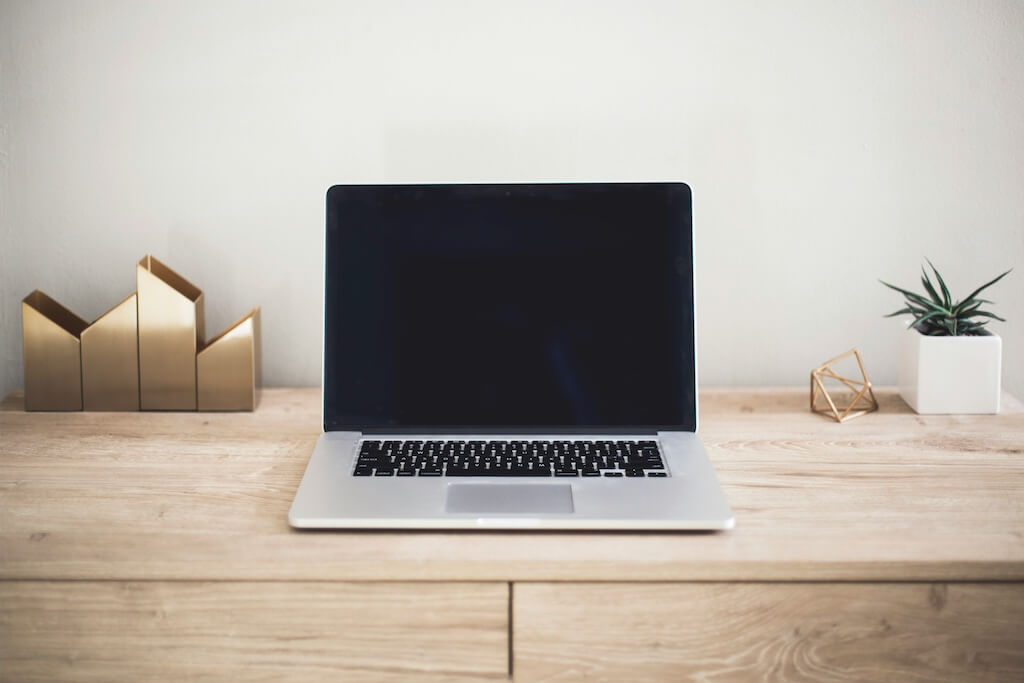What could help the shift to working from home?

“Although the world is full of suffering, it is also full of the overcoming of it.”
— Helen Keller
If the first week of lockdown has been a bit of a struggle, this post is for you: it discusses what you could have been experiencing — and what could make the next few weeks a bit better. Even if you’re finding a way of taking this in your stride, it could explain how some others around you are reacting.
Let’s start with how you may be feeling. At a guess there may be some fear about a contagious virus circulating the globe, as well as a sense of shock about how much life has changed.
This can lead to a feeling of immobilisation, as you become overwhelmed by the situation, or at least find it difficult to concentrate with so much going on. Studies show we react emotionally to events and interruptions like this; it’s a natural response, so recognising how you feel and sharing that could be one place to start.
You may also be somewhere in between life before and life after lockdown — this is a recognised process and there are three parts to it.
- Separate from daily life and routine, giving up our usual ways of living and working.
- Go through the betwixt and between of letting go of the way we used to live and work and getting to grips with how things are now.
- Integrate new ways to live and work at home productively.
The separation is tricky because we know what used to work and what we could do, so it’s tough to give that up. Having to be at home forces the physical separation, but psychologically, maybe we are clinging on to what ‘should’ be happening and that’s stopping us embracing the reality of what we’re dealing with now.
Going through the betwixt and between is unfamiliar and disorientating. It is a period of time that involves getting to grips with the differences, seeing what works and what doesn’t and how we feel about things now.
The end point of the transition is when we feel we have found a way to cope with the differences and integrated new ways of thinking and doing things into our lives. We’ve worked through the emotions and tensions of letting things go, tested doing things differently and found the solutions that worked
Along the way, here are some tips that might help.
- Recognise how you feel, let the emotions out, look at the dark side, how bad can this be, what is the worst that can happen, what are you really worried about? Have a good cry on your own, or with others, get it all out. Once you’ve done this, work out what you can control and make a plan to take some action to address your concerns.
- Ask yourself what else is possible now; what is good here; what can you be glad about during this unique if disorientating time; focus on what matters. There is always an upside — sometimes you just have to look harder to find it.
- Look after and be kind to yourself. How can we look after others if we don’t look after ourselves?
Start with the basics, eating and sleeping well, exercising and looking for joy where you can. This too will pass and it will help you to be ready for when we are all back to normal – whatever normal is!
Free mindfulness sessions to support you
To support you through these difficult times, Catalyst 14 is hosting a series of free mindfulness sessions. Find out more here.
Get free coaching and mindfulness resources
Join our community for free and get a host of free resources, including our guide to becoming a professional coach, access to our coaching webinars, a free mindfulness e-kit and much more.
